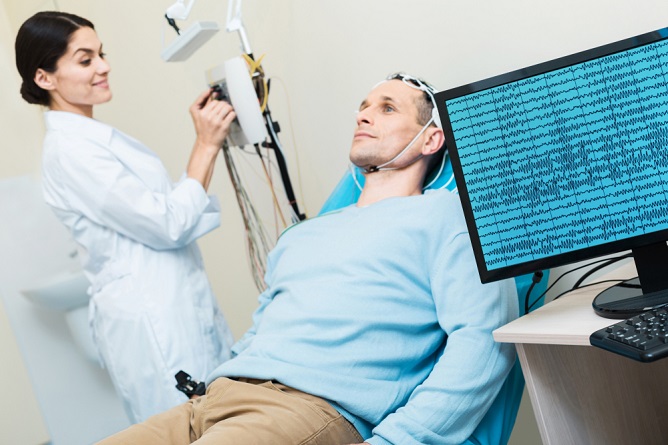
Depression has a significant detrimental impact on people’s health-related quality of life (HRQoL). Depression can harm a person’s HRQoL by predisposing them to unhealthy or risky behaviors such as inactivity, overeating, smoking, and noncompliance with their medications.
According to the National Institute of Mental Health (NIMH), Major Depressive Disorder (MDD) affected approximately 21 million people in the United States in 2020. Unfortunately, despite the availability of a wide range of antidepressant drugs for the treatment of MDD, roughly two-thirds of patients do not benefit enough after an initial course of pharmacotherapy.
If antidepressants or therapy fail one-third of patients seeking treatment, and if these treatments typically don’t improve overall health-related quality of life over time, are there other treatments that show improved outcomes in treatment-resistant depression?
TMS Therapy in Bridgewater, MA, is the answer. TMS is extremely helpful in reducing not only symptoms of depression but also the health-related quality of life. Current large registry data consistently show that with a conventional course of FDA-approved treatment, two-thirds or more of TMS-treated patients will obtain at least a 50% improvement in depression symptoms by the end of treatment.
While standard depression treatment in Massachusetts can alleviate symptoms in the short term, it doesn’t always improve quality of life or symptoms in the long run. TMS therapy, however, offers an alternative when traditional treatments fail. TMS therapy is non-invasive, safe, and has no systemic side effects. It also provides quick improvements that have been demonstrated to last.
At South Boston TMS, you may get the help you need to overcome any obstacles you may face. Our psychiatrist in Massachusetts works closely with you to help you find the path that will help you live the life you want, free of depression and anxiety.




Leave a Reply